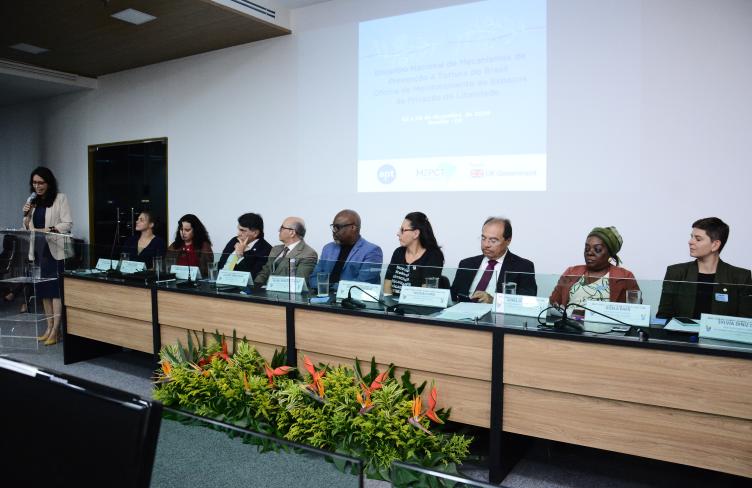
Access to information is essential to the work of National Human Rights Institutions (NHRIs). Indeed, information has been called the very ‘lifeblood’ of oversight institutions. Strong powers enable NHRIs to launch, for example, own-motion investigations or public inquiries into systematic abuse in detention, to effectively investigate allegations of torture in accordance with the Istanbul Protocol, and to conduct visits to places of detention, particularly in cases where they have a mandate as National Preventive Mechanism under the OPCAT. But what does this power really mean and why is it so important for NHRIs?
To begin with it is useful to distinguish between “active” and “passive” information gathering. “Active” is the ability of NHRIs to request or demand access to information that they see as necessary for the fulfilment of their mandates. This includes, for example, requesting interviews, accessing documents and records, or visiting particular sites or buildings as part of an inquiry or an investigation into an allegation of torture or other human rights violation. The “passive” mode refers to the disclosure of information to the NHRI by the authorities (about the construction of a new police station, for example) and to information that NHRIs receive directly in the form of complaints or other correspondence.
Both of these modes of information gathering are important, although the “passive” mode can turn into a case of be careful what you wish for, as this kind of information can overwhelm those institutions that don’t have the resources or procedures in place to deal properly with it. Indeed, some governments have used proactive disclosures as a strategy to obscure sensitive information: overwhelming the NHRI with data that it knows it does not have the capacity to review.
Documents, people and places
In terms of powers, the Paris Principles provide a bare minimum, stating that NHRIs shall have the power to “hear any person and obtain any information and any documents necessary for assessing situations falling within its competence.” While this is a decent basis, good NHRI laws go much further in a number of areas, giving NHRIs power to access information falling into three broad categories: access to documents and records, access to people, and access to places.
Strong oversight laws will usually state that NHRIs should have the power to access whatever information they deem necessary for the fulfilment of their mandates. The key bit here is that it is the NHRI itself that should decide on what is necessary. This includes access to all documents and records, including those that may be classified and otherwise confidential; and the power to speak to anyone, both private citizens and government officials, at every level, backed up with the ability, if necessary, to subpoena people and documents, and to require testimony under oath or affirmation. Regarding access to places, this means any building or other place that falls within their mandate. With regards to torture, this means, for example, the power to visit all places of detention (or suspected places of detention), including without notice.
Three additional caveats are important here.
First, while the existence in law of strong access to information powers is essential to effective oversight, NHRIs may find they are most effective when, subpoena powers, to take one example, are used only sparingly. In the end, effective information gathering will most often rely on a good working relationship with the authorities. Stalling tactics can block requests for years and, without some degree of cooperation, an NHRI may never even know what information to ask for.
Do no harm
A second point is that NHRIs with strong access to information powers also have an obligation to protect that information. This is particularly the case in relation to private information, classified information (that isn’t in the public interest to disclose), or information that could result in reprisals. The do no harm principle provides an important guide to NHRIs in deciding what to keep confidential and what to make public.
Finally, it is important to note that access to information powers are only as effective as an NHRI’s ability to analyse and understand the information they gather. Good laws thus give NHRIs the additional power to hire or work with external experts where they see it as necessary. This can be crucial when dealing with complex or technical information or cases, such as investigating allegations of torture, where in house expertise (for example, in medicine or forensics) may not be available.
Without access to information, NHRIs are blindfolded, providing an appearance of oversight while remaining in the dark about the real human rights situation in their jurisdiction. Access to information is the power to see what is occurring, and the power to understand the things they see.


